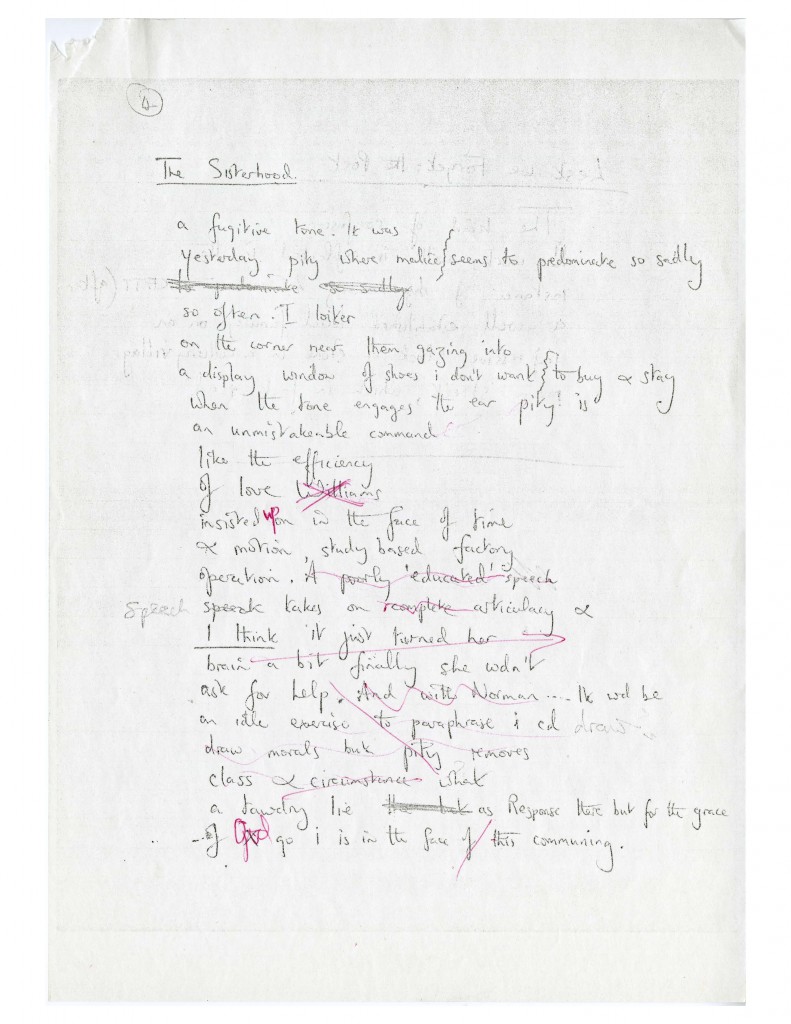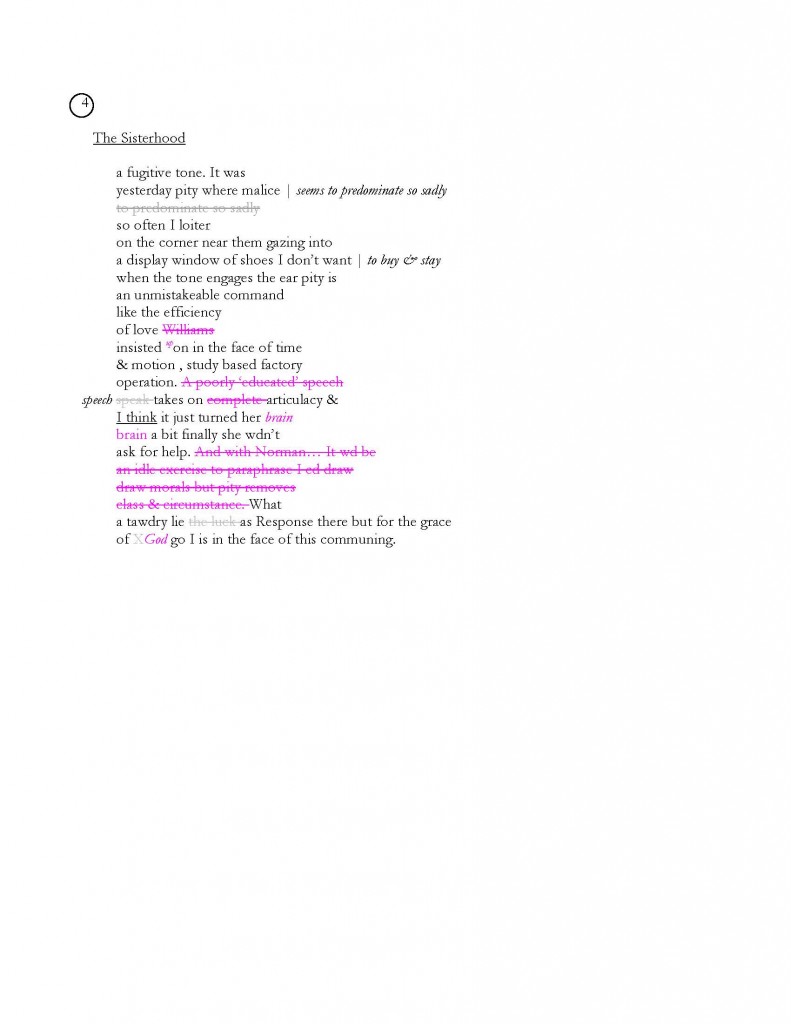 As the spring semester ends and students turn their collective gaze and energies happily elsewhere, those of us that remain on campus pause to catch our collective breath. Today I ponder and feel a heady lightness of gratitude as I reflect on the amazing exhibitions (such as Archives Reveal and Cuban Bricolage), student projects (such as Children of the Soil), and partnerships (including Celebrate People’s History and Interference Archives) of this past semester. Wow! Each incorporated and illuminated archival materials from collections here in Archives and Special Collections and in very different ways. It brings to mind that other activity of spring time in Storrs, the engine-like turning and tilling of the soil, the annual aeration and tending of ground that make deep roots and plentiful, fertile, bee-worthy blossoms possible.
As the spring semester ends and students turn their collective gaze and energies happily elsewhere, those of us that remain on campus pause to catch our collective breath. Today I ponder and feel a heady lightness of gratitude as I reflect on the amazing exhibitions (such as Archives Reveal and Cuban Bricolage), student projects (such as Children of the Soil), and partnerships (including Celebrate People’s History and Interference Archives) of this past semester. Wow! Each incorporated and illuminated archival materials from collections here in Archives and Special Collections and in very different ways. It brings to mind that other activity of spring time in Storrs, the engine-like turning and tilling of the soil, the annual aeration and tending of ground that make deep roots and plentiful, fertile, bee-worthy blossoms possible.
It was a special pleasure on April 21 to attend the launch of the John Temple Papers Project and to hear the clever, funny and wise words of Eleanor Reeds, PhD candidate in UConn’s Department of English, teacher, blogger, and now publisher and creator of the John Temple Papers digital exhibition and digital humanities project. The celebration featured poetry readings, a demonstration of features of the web site, and a presentation by Reeds who emphasized the theoretical foundation and origins of the project. After two years of work, close-reading, experimentation, textual analysis and transcription, and decision-making, the John Temple Papers Project – a work of scholarship and an inventive peeling back and applying of layers of 
 technological onion skin – makes available digitally for the first time a selection of the poet’s literary manuscripts, typescripts, letters and production galley proofs. Readers are invited to “Experience the Archive” and to explore Temple’s revisions of individual poems via a digital interface. The materiality and arrangement of the manuscripts, and the play and presence of the author’s hand, are emphasized. With permission of the poet himself, Reeds presents the manuscripts as high-resolution images derived from the original documents in the John Temple Papers preserved in Archives and Special Collections.
technological onion skin – makes available digitally for the first time a selection of the poet’s literary manuscripts, typescripts, letters and production galley proofs. Readers are invited to “Experience the Archive” and to explore Temple’s revisions of individual poems via a digital interface. The materiality and arrangement of the manuscripts, and the play and presence of the author’s hand, are emphasized. With permission of the poet himself, Reeds presents the manuscripts as high-resolution images derived from the original documents in the John Temple Papers preserved in Archives and Special Collections.
Reeds explains,
As a scholar of predominantly nineteenth-century poetry and print culture, I had always been interested in the process of editing poems and the assumptions underlying any approach to the reality that almost every poet significantly revises their work, before and even after publication. By making available all the possible versions of a poem—including those represented within a single document through annotation—I hope to prompt further interest in how we can allow readers to appreciate poems as far from fixed entities that should not be regarded through a narrative timeline that privileges either original inspiration or teleological perfection.
With this end in mind, the Omeka platform has been utilized to enable users of this website to browse multiple instantiations of three poems written by John Temple as his 1973 collection, The Ridge (originally titled The War Changed Me), was developed for publication under the editorship of Andrew Crozier. Temple is a British revival poet whose connection with Charles Olson is what likely led to some of his papers coming to the University of Connecticut’s Archives and Special Collections.
Writing in 1970, Jim Burns described Temple as “too little known or published,” noting how he had “absorbed American technical innovations and applied them to his own experiences in the North-East of England.” Burns’s essay—now collected in Brits, Beats, and Outsiders (Penniless Press, 2012)—is entitled “English-English Poetry.” It surveys a contemporary group of “non-Establishment” poets with “small, quiet voices,” poets characterized by their “long-lined dense texture in which they seem to write around the subject rather than about it.” The three poems by Temple I have chosen to feature in this exhibition tend toward a shorter line length. However, in their evocation of complex emotions through the anecdotal details of otherwise quotidien experiences, they can certainly be regarded as exemplifying Burns’s judgment.
Congratulations Eleanor Reeds! Thank you John Temple, and thank you to staff of the University of Connecticut Libraries’ Scholars Collaborative, and UConn faculty. I am delighted that John Temple’s poetry and his archives are available and presented anew, from the page to new fertile ground, to another generation of readers. Read on!
